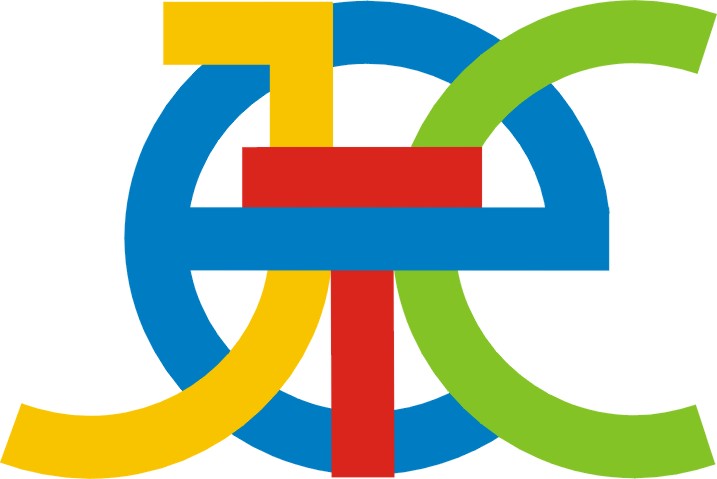LADISLAV RUDOLF1, DANIEL NOVÁK2, JÁN PAVLOVKIN3, VIKTOR NOVÁK4
1 ORCID: 0000-0001-9350-6278, Doc., Ing., Ph.D., University of Ostrava, Faculty of Education, Department of Technical Education, Czech republic
2 Doc., JUDr., Ing., CSc., Matej Bel University, Faculty of Natural Sciences, Department of Tech-nology, Slovakia
3 Ing., Ph.D., Matej Bel University, Faculty of Natural Sciences, Department of Technology, Slo-vakia
4 Ing., Ph.D., Czech University of Life Sciences Prague, Faculty of Engineering, Department of Electrical Engineering and Automation, Czech Republic
Abstract
The need to optimize the trajectory of vehicles is still highly topical, regardless weather the means of transport are robots, forklifts or road vehicles. It is not only important the safety by passing obstacles, but also the energy balance, i.e. the energy expended on the movement of the vehicle and on the change of its direction. This paper presents a mathematical approach to solving this problem through interpolation and approximation curves. This is a very important scope of knowledge for the education of future engineers.
Keywords: means of transport, trajectory optimization, interpolation curves, approximation curves
Name: 009 JETC No 1_31_Optimization of Vehicles
Size: 335 KB
Format: PDF
License: CC BY-SA 4. 0



